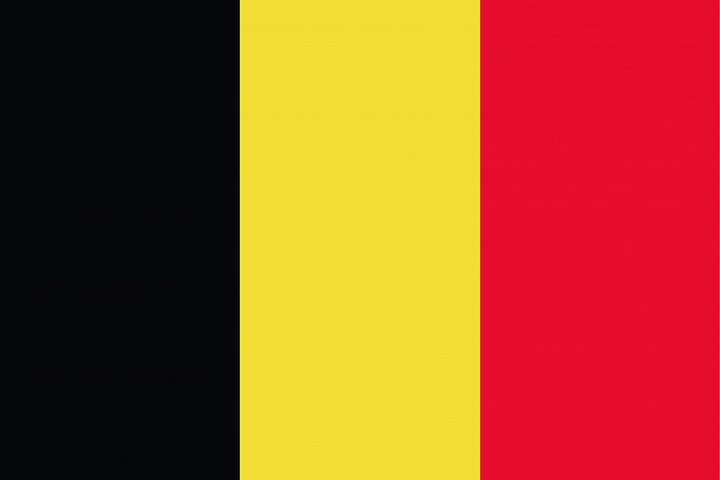
In one year, Belgian finance department FPS Economy has disabled 147 websites illegally distributing copyright-protected content, such as films, TV series and sporting events. Thanks to swift legal proceedings and coordination with various intermediaries, Belgium says it is strengthening its fight against online piracy.
A year ago, the FPS Economy’s ‘Anti-Piracy’ service was launched. One year later, Belgium’s approach, based on cooperation between the justice system, the FPS Economy, and intermediaries, is bearing fruit. No fewer than 147 websites illegally offering films, series, or sports broadcasts have been blocked. These sites were broadcasting television content without the creators’ permission, which constitutes an act of piracy.
“IPTV allows television content to be streamed via the internet rather than cable, satellite, or antenna,” explained Etienne Mignolet, spokesperson for the SPF Economy. “Live TV programmes, movies, or series can be viewed via an app, smart TV, or set-top box. This is sometimes done legally—think Netflix, Disney+, Auvio, or RTL Play, for example—but also illegally via obscure websites or box resellers who promise a complete channel package for a paltry sum. In reality, you’re paying someone who has no right to broadcast this content, which is punishable for both the seller and the customer. In Italy, no fewer than 2,300 consumers of illegal IPTV have already been fined. In Belgium, this fine can reach up to €800,000 and even lead to a prison sentence of up to five years.”
For the past year, Belgium has implemented a rapid procedure and established a dedicated service within the Federal Public Service for the Economy to combat online piracy. This facilitates action against websites that provide access to illegal channels or content, often via IPTV.
The FPS Economy then received a mandate to execute this decision and request intermediaries to block access to illegal streaming sites, as well as mirror sites (copies of the original site but with a different internet address). A collaboration was established with 19 intermediaries, who took the requested measures within 48 hours to one week. The blocks can be implemented in different ways to minimise their circumvention.
Since June 2024, the FPS Economy has received two mandates from the judicial authorities. These were executed quickly, with an average time of six working days for the first block. The work obviously doesn’t stop there. Monitoring is ongoing to detect new mirror sites and have them blocked.
The distribution of illegal streaming services is not only done via websites, but also often through the sale of set-top boxes to consumers, by so-called resellers, notes FPS Economy. These are physical points of sale, similar to small electronics stores, where consumers purchase a device pre-configured by the reseller to allow them to watch pay-per-view channels at very low prices.
The Economic Inspectorate of the Federal Public Service for the Economy also took action against these resellers. Fifteen investigations were opened, most in collaboration with the police, which led to the seizure of approximately 3,500 decoders.
FPS Economy warns that using illegal IPTV services to watch movies, series, or even sports competitions for free is against the law. “You are watching channels or content for which no rights have been paid. This represents economic harm for rights holders (estimated at €190 million per year) but also for the State (loss of VAT revenue, tax evasion, money laundering practices),” it advised.
